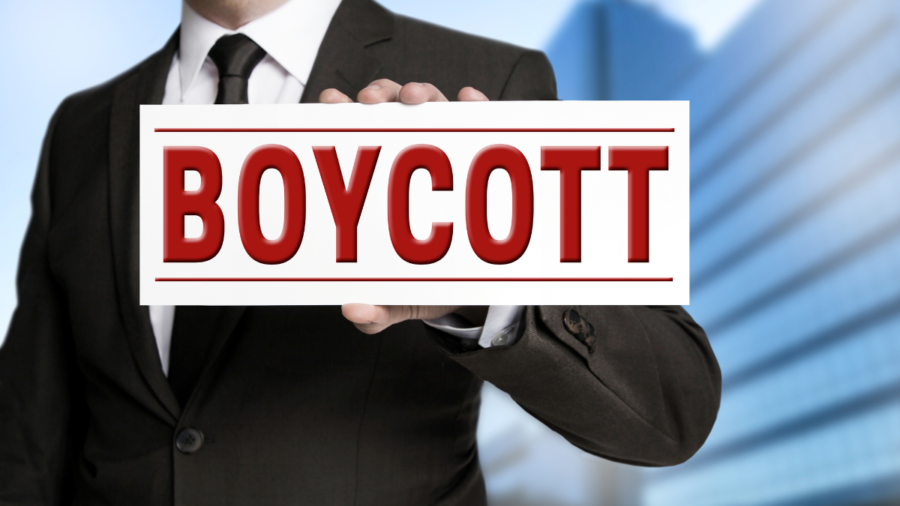On February 28, 2025, a nationwide economic boycott, termed the “economic blackout,” is set to take place across the United States. This grassroots movement, spearheaded by The People’s Union USA, aims to protest corporate corruption, the rollback of Diversity, Equity, and Inclusion (DEI) initiatives, and perceived corporate greed.
What Is the February 28 Economic Blackout?
Participants are encouraged to abstain from all non-essential purchases, particularly from major corporations such as Walmart, Amazon, and Target. The movement also discourages spending on fast food and gasoline for the day. Instead, organizers urge supporters to shop at small, local businesses and use cash for necessary transactions. The boycott also calls on employees to take the day off work if feasible, emphasizing the collective power of consumers and workers in challenging systemic economic issues.
Why Is the Boycott Happening?
The catalyst for this boycott includes recent actions by major retailers scaling back DEI programs following executive orders from President Donald Trump that dismantled federal DEI requirements. Companies like Walmart and Target have reportedly reduced their DEI efforts, leading to public outcry and calls for accountability.
The People’s Union USA, founded by John Schwarz, has been instrumental in organizing this protest, utilizing social media platforms to garner support and spread awareness.
Who Is Supporting the Boycott?
The movement has gained traction with endorsements from public figures such as John Leguizamo, Stephen King, and Bette Midler, who have expressed support through various platforms. Additionally, the initiative has seen significant backing on social media, with users sharing information and encouraging participation in the blackout.
While the exact impact of the boycott remains to be seen, it underscores a growing sentiment among consumers. Consumers are advocating for corporate responsibility and equitable economic practices.
Corporate Responses and Expected Impact
In response to the planned boycott, some corporations have issued statements reaffirming their commitment to DEI initiatives, while others have remained silent.
Economic analysts suggest that the effectiveness of such boycotts depends on widespread participation and sustained efforts. Historical precedents show varying outcomes:
- The 2023 Bud Light boycott led to a notable decline in sales.
- Other boycotts have had limited impact or even backfired, as seen with Goya Foods in 2020.
Why This Boycott Matters
The February 28 economic blackout serves as a reminder of the potential influence consumers wield over corporate practices. By choosing where and how to spend their money, individuals can collectively advocate for change and hold corporations accountable for their policies and actions.
Are you participating in the boycott? Share your thoughts in the comments and follow us for more updates!
Sources & Further Reading:
- What to know about the economic blackout that boycotters are planning for Feb. 28
- Why Consumers Are Planning an ‘Economic Blackout’ on Feb. 28
- Economic blackout Feb. 28 challenging corporate power encouraged by People’s Union USA
Follow MEFeater on Twitter, Instagram, Facebook, and Pinterest for the latest updates. ??
